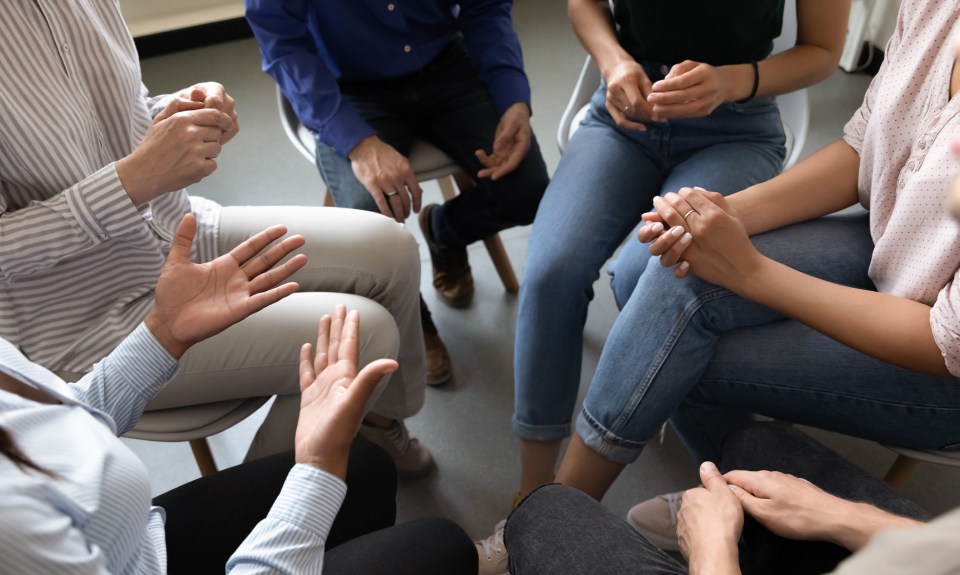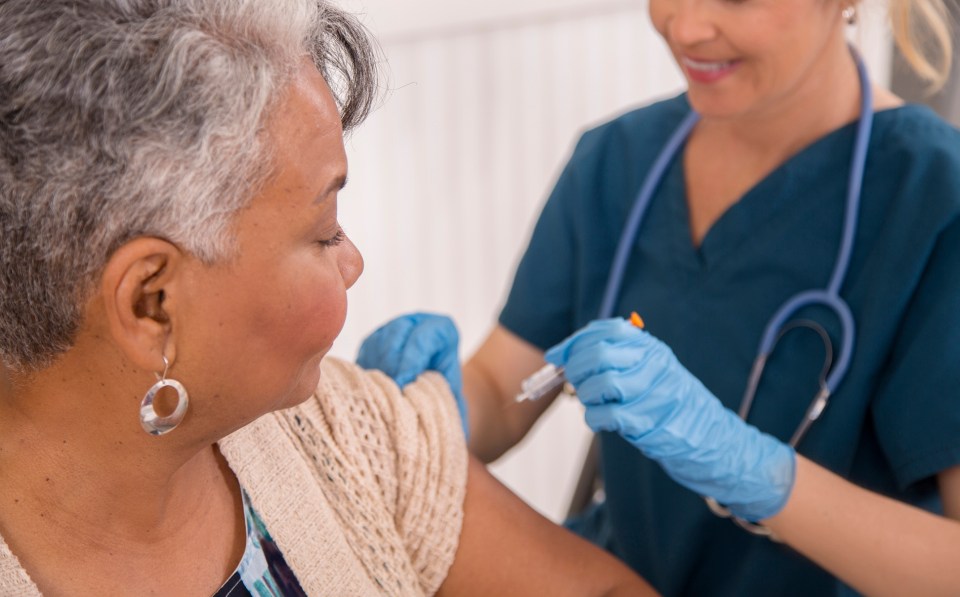Navigating a new diagnosis or chronic illness such as stroke or heart disease can be challenging. Dealing with the physical and emotional changes associated with the condition can be overwhelming. Often the feelings of uncertainty concerning the disease condition no matter if it is a major illness or a life change can illicit feelings of isolation or being alone. Consideration of a support group can be a place to empower oneself and learn from others who share in similar life experiences.
Why are support groups so important?
Support groups can provide an opportunity for people with common ground to come together. Whether having had a stroke, heart condition, or other serious health condition, a support group can allow persons to share feelings, coping strategies, or resources. Many health-related support groups exist for a number of specific conditions therefore filling a gap beyond just medical treatments or advice. While a person’s physician or healthcare provider may provide feedback regarding interventions or medications used to treat health problems, the shared experience of meeting with others with like experiences or conditions in a support group setting can provide for the emotional and cognitive support that persons need in dealing with acute or chronic illness.
Finding common ground
The common experience among persons having had a stroke or heart disease lends itself toward those persons having had similar feelings and everyday challenges. Persons in a support group setting with peers are more likely to share feelings and forge relationships built on the foundation of understanding of how the condition has impacted them and what helped them to overcome those obstacles during recovery and reap the benefits of treatment. In addition to gaining greater knowledge and a better understanding of how one’s condition may progress, the benefits of belonging to a support group can improve feelings of wellbeing and may lessen the perception of loneliness, distress, or anxiety. The shared dynamic of offering and receiving feedback can provide practical advice which helps to supplement medical treatment alone. In turn, this may help a survivor stay motivated in receiving treatments or adopt more productive coping mechanisms when dealing with old challenges.
The right fit
Finding the right group fit is important when seeking the benefits of a group. Before joining a group, take time to collect information and find out what the group is all about. Is the group designed for your particular need or diagnosis? Do they have a day and time that works for you? Does the group have an experienced leader? Are their ground rules for confidentiality and mutual respect of all of the group member’s opinions and ideas? While many groups are free, consider if there is cost too.
Taking the first step
In any regard, trying a group is the first step. At first, simply listening may be your goal. In time, your comfort with sharing and offering support will improve also. While a support group is not a replacement to medical care or advice, it can be a worthwhile investment in improving quality of life.
Michelle McCann is the director of quality and risk management at Encompass Health Rehabilitation Hospital of Sewickley in Pennsylvania.
The content of this site is for informational purposes only and should not be taken as professional medical advice. Always seek the advice of your physician or other qualified healthcare provider with any questions you may have regarding any medical conditions or treatments.




